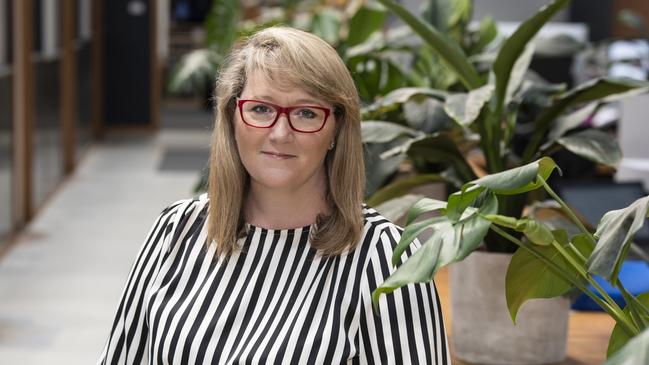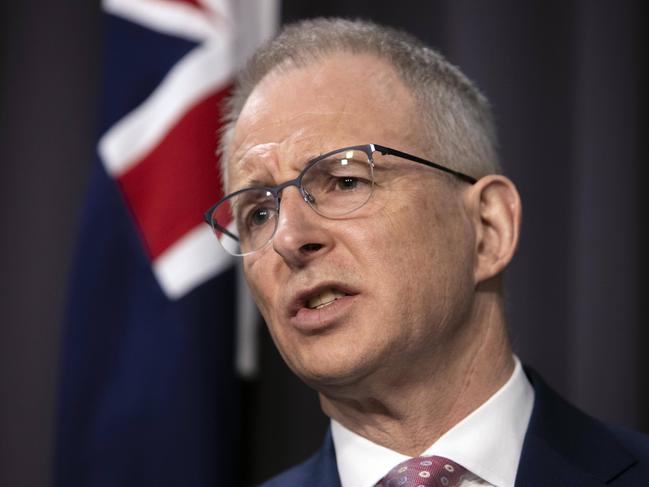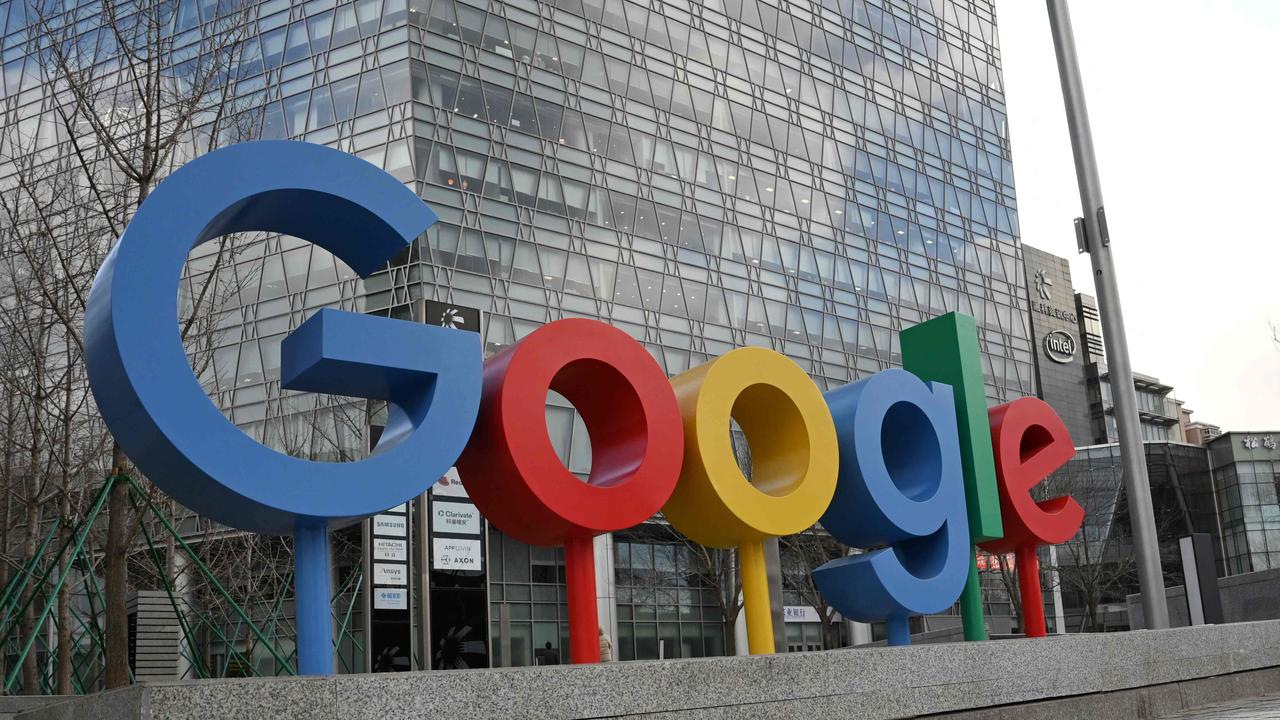Communications Minister Paul Fletcher backs misinformation code
Calls are mounting to force the tech giants to be more transparent about fake news, ahead of Australia’s Covid vaccine roll out.

Communications Minister Paul Fletcher has backed an industry-wise tech giant misinformation code, following mounting calls to mandate “live lists” to assist in identifying increasingly rampant Covid-19 misinformation.
As reported by The Australian on Monday, Reset Australia has written to all federal ministers urging the Australian government to create the lists that could reveal demographic information of people sharing fake news.
The group is backed by a newly formed coalition, including the Doherty Institute and the Immunisation Foundation of Australia and Reset Australia, amid a recent report from US-based non-profit organisation AVAAZ that found that over the past year, content from a global health misinformation network spanning five countries has been viewed an estimated 3.8 billion times on Facebook.
“During Covid-19, we’ve seen first-hand the harm misinformation can cause as it spreads rapidly online,” a spokesman for Mr Fletcher told The Australian.
“It can create public confusion and is particularly harmful to those most vulnerable in our community.
“Following the Australian Competition and Consumer Commission’s digital platforms inquiry, the government tasked the Australian Communications and Media Authority with overseeing the development of the voluntary code, and expects an industry-wide code to be in place early this year.

“ACMA will report to government on the adequacy of the platforms’ measures and the broader impacts of misinformation, with the first such report due no later than June 2021.
“Should the actions and responses of the platforms be found to not sufficiently respond to the concerns identified by the ACCC, the government will consider the need for further measures.”
Once misinformation gathers 1000 or more impressions, tech companies should be forced to publish details of the post, according to the document released by Reset Australia.
The fake news and conspiracy theories that is being spread largely by the tech platforms are leading to a growing distrust of a potential Covid-19 vaccine and vaccines in general, the coalition says, as well as an increasing number of Australians choosing to ignore public health edicts about social distancing and lockdown measures because they believe the pandemic to be a government-led hoax.
Labor’s Communications Spokeswoman Michelle Rowland said there must be greater transparency and accountability around measures to combat misinformation.
“The ACMA recommended as much in relation to the voluntary code for digital platforms,” she said.
“But combatting misinformation is a shared responsibility and it’s well past time Scott Morrison did his part by pulling Craig Kelly into line.”
The chief executive of Australian ASX-listed health informatics and predictive analysis company Opyl Michelle Gallaher, told The Australian that she’s seen a very significant increase in conversation around vaccine hesitancy and refusal in Australia over the past three months.
“We believe social media, as a public data source combined with our predictive analytics skills and technologies, can be used to predict the degree of vaccine hesitancy and refusal as the Covid vaccine roll out begins,” she said.
“Based on the social media data we can see, vaccine hesitancy in Australia is probably far larger than authorities realise.
“Getting social media giants to act on misinformation is a very big and complex ask and probably not the most effective tool in the toolbox for right now.”
Ms Gallaher said that more effective local tools are activating and empowering scientists and health care providers to address misinformation on social media, and to bring quality, verified commentary on to the platforms.
“Scientists are very present on social media as it is important as a communication channel to keep up to date with research being published, peers, collaborators and conferences,” she said.
The executive added that scientists and healthcare providers often don’t feel empowered to comment on social media either because of institutional or university policies or simply based on skills and available time. And those that do jump into the fray are worried about being trolled or targeted, she said.
“Content needs to be layered as well from the simple to the sophisticated and it needs to take on the ‘dodgy data’ and directly refute it. We also need to use artificial intelligence to define the messages to neutralise, instead of what academics and healthcare providers think the audience needs to hear. This is where the anti-vaxxers, who I have been studying for years on social media, are sophisticated users of social media and understand and play the sharing algorithm perfectly.
“Science and health need to improve their skills to be able to address misinformation and use social media for ‘good’.”
A Facebook spokesman said: “Over the past year Facebook has been committed to supporting the global public health community’s work to keep people safe and informed during the coronavirus public health crisis. This work includes providing a free, publicly available CrowdTangle Live dashboard of trending Covid-19 content across our apps, including in Australia.
“We are also working with public health authorities through our Data for Good program which includes tools and initiatives that can help organisations respond to the Covid-19 pandemic. Facebook has supported health bodies and governments to disseminate authoritative information to the public, directing more than 2 billion people to this information through our Covid Information Centre.”
Google was contacted for comment.



To join the conversation, please log in. Don't have an account? Register
Join the conversation, you are commenting as Logout